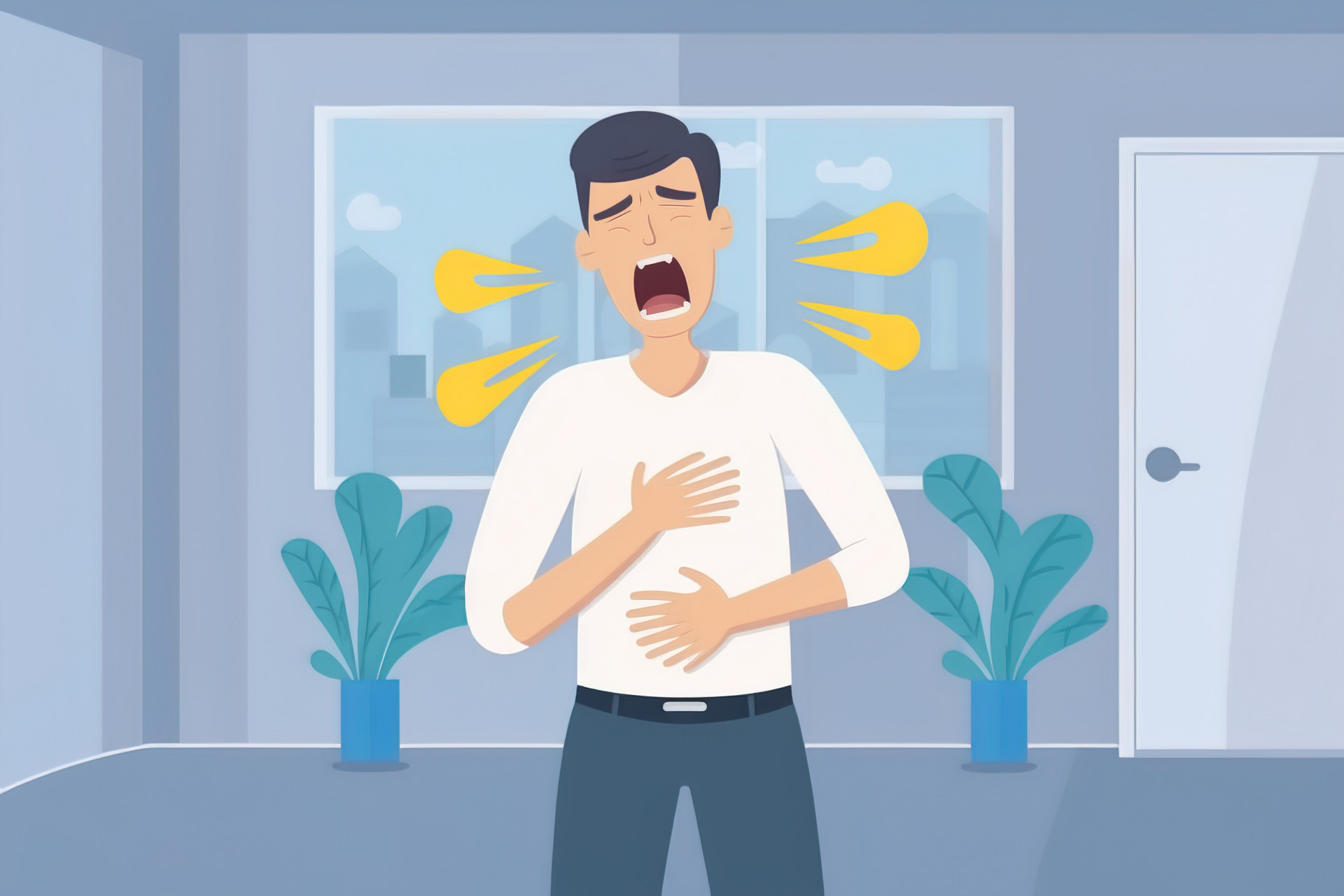Some men like to drink alcohol before exercising, thinking that alcohol can make them excited and more passionate during exercise. However, this practice is not only detrimental to health but also has many disadvantages. Therefore, it is strongly recommended not to drink alcohol before exercising.
Firstly, alcohol initially stimulates the cerebral cortex for a short period of time, resulting in talkativeness, emotional excitement, and restlessness. It then transitions into a longer period of inhibition, with symptoms of delayed reactions and drowsiness. During this time, the brain functions in an unstable state, leading to decreased discernment, attention, and judgment, as well as impaired balance and coordination during physical activity. Exercising in this state requires the brain's cortex to "work harder," which damages brain function and increases the risk of accidents.
Secondly, alcohol increases heart rate, oxygen consumption of the heart muscle, and blood pressure. It can also induce arrhythmia, further burdening the heart. If exercise is performed after consuming alcohol, it further increases the load on the heart muscle, causing harm to the heart.
Furthermore, alcohol leads to muscle fatigue. Drinking alcohol relaxes the muscles and decreases muscle tone. During intense muscle activity, oxygen demand increases rapidly, causing insufficient oxygen supply and the production of a large amount of lactic acid, resulting in fatigue. Alcohol exacerbates lactic acid production and accumulation while slowing down its elimination.
In addition, after consuming alcohol, the liver has to metabolize it, which leads to an increased blood supply to the liver. Simultaneously, the stomach and intestines experience congestion due to alcohol stimulation, causing blood to accumulate in these areas. If exercise is performed, the body has to mobilize a large amount of blood to the muscles, reducing the blood supply to the liver and gastrointestinal tract. This not only impairs liver detoxification but also compromises the functionality of the stomach and intestines.









